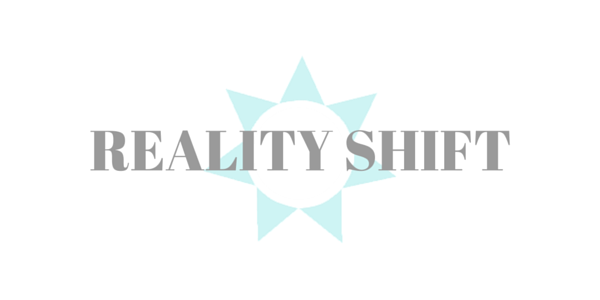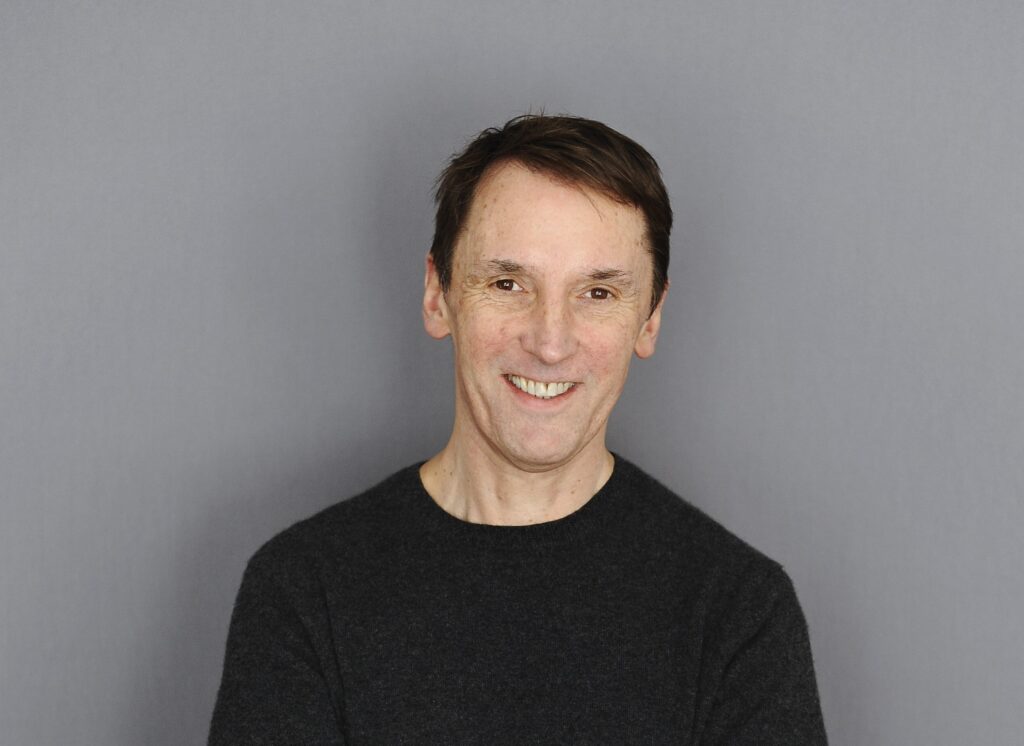New Year’s Resolutions. Don’t you hate ‘em? We make so many and we stick to so few. A 2007 study showed that 88% of people who make resolutions fail. Which is why the gyms are packed at the start of January, but empty by the end of the month.
Of course in a literal sense it’s completely arbitrary to choose this time of year to make changes. Yet nonetheless New Year has symbolic weight and the weight of provenance – the Romans began each year by making promises to Janus, after whom January is named. You almost feel compelled to make resolutions, when everyone around us is reassessing their lives and deciding to do things differently this year.
So how come New Year’s resolutions seem doomed to fail? To understand that, let’s look at how they typically play out; it goes something like this.
First, we determine to make that change. This time we’ll do it. We’ll stop the old bad habit or take up the good new one. We work ourselves up until our willpower is at its height and then we actually manage to do whatever it is. For a week or two.
Say it’s stopping a bad habit, for example smoking. We manage to stop smoking, for one day, for two, for a week, even for two weeks. Things start to seem a bit easier. ‘This isn’t really so hard’, we think.
It’s then, at the moment we no longer think we have to try so hard, that everything begins to fall apart. We toy with having just the one cigarette. We think there’s no harm in that, forgetting just how strong and far-reaching the coils of addiction can be. We kid ourselves that we won’t get hooked again and anyway stopping wasn’t that hard – we’ve done it for three weeks. And then, fatally, we smoke that cigarette. And before we know it we are back where we started.
It’s the same with taking up a new habit, even a simple one. Suppose we decide to drink more water every day – say 8 glasses. That’s not hard, surely. We manage it, of course, for one day, then two, then a week, then ten days. But then something strange happens. It’s not that drinking water becomes hard – it obviously never could. The problem is it seems too nothing, too nebulous, too small, a bit easy, a bit obvious. If only you’d been called upon to save the world, you could do that. But drink a few more glasses of water each day? So that habit too goes down the drain.
What to do?
The first thing is to forget about whether things are pleasant or unpleasant, hard or easy, exciting or boring to do. If you base all your actions on those kind of criteria, then they will never last long enough to become habits.
Don’t expect your life to change just because you’ve started doing something new. You aren’t going to see the benefits of drinking water for months or even years. If you’ve stopped smoking, it’s also going to take months to really feel different. Of course your breathing may be calmer sooner than that, but don’t base your actions on that.
Pleasant outcomes are nice. But they aren’t a reason to do something. Unpleasant outcomes aren’t nice. But they aren’t a reason to stop doing something. Whether the new habit feels good or bad, that’s just by the way. That’s a by-product.
The real reason to continue with your habit, is because you said you would. You said that for a reason. You said that because you want to live longer, have healthy lungs or clear skin. Those reasons matter. Keeping faith with yourself matters.
The problem with time
The other thing that gets in the way of resolutions is time. We live inside time and it’s only by looking back or imagining forward, that we can ever get a glimpse of the bigger picture. Life as we live it, hour by hour, second by second, has no bigger picture. There is only this moment, and then this one and then this one.
What this means is that it’s impossible to really see the consequences of our present behaviour. We can work out the end results logically but we won’t know them until they happen. It’s hard to keep faith with something that will only happen far off in the future.
It’s particularly hard to keep faith when that future something isn’t particularly measurable or tangible from the viewpoint of now – what would being better hydrated look like in ten years’ time, as opposed to not drinking enough water? What would being a non-smoker look like in ten years as opposed to being a smoker? We can imagine, but we can never know.
So we can only do what we think it is good to do and not expect miracles or dramatic changes. Not expect the new habits to feel good or bad. There is only keeping faith with yourself. Doing what you believe is right and following through so long that the new habit becomes ingrained.


